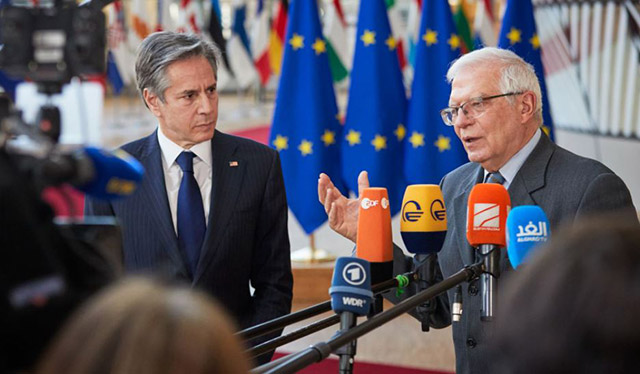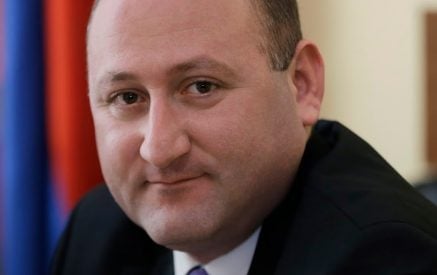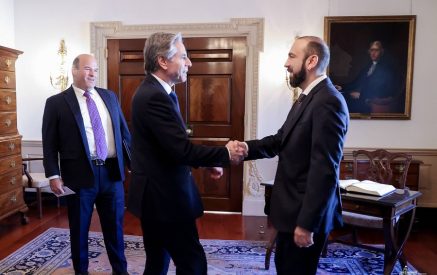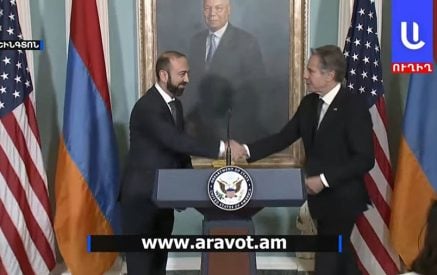The European Foreign Affairs Council met on 4 March in an extraordinary session with US Secretary of State Antony Blinken, NATO Secretary General Jens Stoltenberg, British Foreign Secretary Liz Truss, and Canadian Foreign Minister Mélanie Joly. They were addressed remotely by Ukrainian Foreign Minister Dmytro Kuleba, who gave an overview of the latest developments, the urgent needs of Ukrainians and the atrocities committed by Russian forces who continue their indiscriminate bombing of several Ukrainian cities.
Addressing journalists at a press conference after the meeting last night, EU High Representative Josep Borrell said the humanitarian situation on the ground is becoming increasingly difficult due to the continuous bombing of the Russian army: “It looks like they want to destroy Ukraine,” he said.
With more than a million refugees pouring across the borders of Ukraine, he called for a humanitarian corridor. “The International Red Cross is not able to enter the country and we need green corridors for the Red Cross to be able to help the Ukrainian people.”
Borrell added that the EU was committed to providing access to everyone fleeing the war in Ukraine.
Read also
He condemned the Russian attacks in the direct vicinity of Ukraine’s biggest nuclear power plant. “This is unacceptable because it can produce catastrophic consequences that can provoke an ecological and humanitarian catastrophe for the entirety of Europe.”
The EU High Representative said cooperation between the European Union and the United States had led the way of imposing the most far-reaching sanctions packages ever adopted. “President Putin intended to divide us, but he achieved just the contrary: we are more united and more determined then ever, much more than before the Russian aggression.”
He said sanctions were already producing results: “The aim is not to harm the Russian people, but to pull the rug from under the Kremlin’s war machine. It is, however, unfortunately as a fact, that they will also affect people who are not in the inner circle of the Kremlin. And, until a certain point, ordinary people will also suffer the consequences of Putin’s war – because let us call it the way it has to be called – Putin’s war. And only Putin can end it. “
Borrell said the EU would clamp down on Russian oligarchs: “We have to locate them and seize their assets, because the Russian regime gets its wealth from corruption and tax evasion. We need to combat this and turn off the tap of money flows financing this senseless war.”
And he added the Council had also discussed the need to accelerate the green energy transition to further reduce the EU’s energy dependency on Russia.
The EU High Representative stressed the European Union’s solidarity with neighbouring Moldova, which is welcoming refugees in a large number. “The situation in Moldova is fragile and they need urgent support. We will provide it,” he said.
Borrell concluded with a clear political assessment “This is not the East against the West. This is not a remake of the Cold war. We are defending the sovereignty of the nations, all nations. We are defending the territorial integrity of a state, all states. In the East, in the West, in the North and in the South.”
And he stressed: “We are not enemies of the Russian people. We are friends of Ukraine; we are supporting them on their fight, but we are not against the Russian people. This is Putin’s war, and only Putin can end it.”

























































